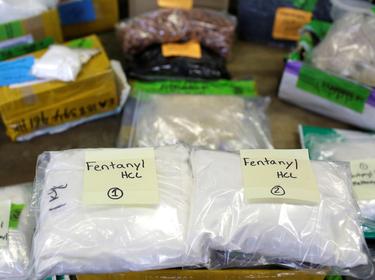Report
RAND Drug Policy Research Center
Addressing today’s most pressing substance use issues. Informing the drug policy of the future.

Photo credits from left to right: Bits and Splits/Adobe Stock, underworld/Adobe Stock, Leonid/Adobe Stock, and EasyAsa/Getty Images
Substance use and efforts to influence it are the subject of serious policy debates around the world.
For more than 30 years, the RAND Drug Policy Research Center has conducted research to help decisionmakers in the United States and abroad address issues involving alcohol and other drugs. In doing so, the Center brings an objective and data-driven perspective to this often emotional and fractious policy arena.
Our team of experts includes those from many fields such as medicine, statistics, economics, psychology, sociology, law, criminal justice, decision science, and public policy. We are all committed to improving the health, social, and economic well-being of populations and communities throughout the world.
Research Highlights
Recent Commentaries
Trending Topics
-

Cannabis Legalization
The cannabis policy landscape is dramatically changing. RAND publications on cannabis and these policy changes are informing debates in the U.S. and throughout the world.
Learn more
-

Opioids
Opioids play a major role in pain relief, overdose deaths, and substance use disorders. RAND research on prescription opioids, heroin, and illegally produced synthetic opioids like fentanyl provides critical insights for these complex policy discussions.
Learn more
RAND DPRC Research Making an Impact
The RAND Drug Policy Research Center was created to take a comprehensive look at big-picture issues involving drug policies to examine how they evolved and provide insight on how they might change in the future. Our research efforts to improve alcohol and other drug policies around the world have led to a number of salient accomplishments.










